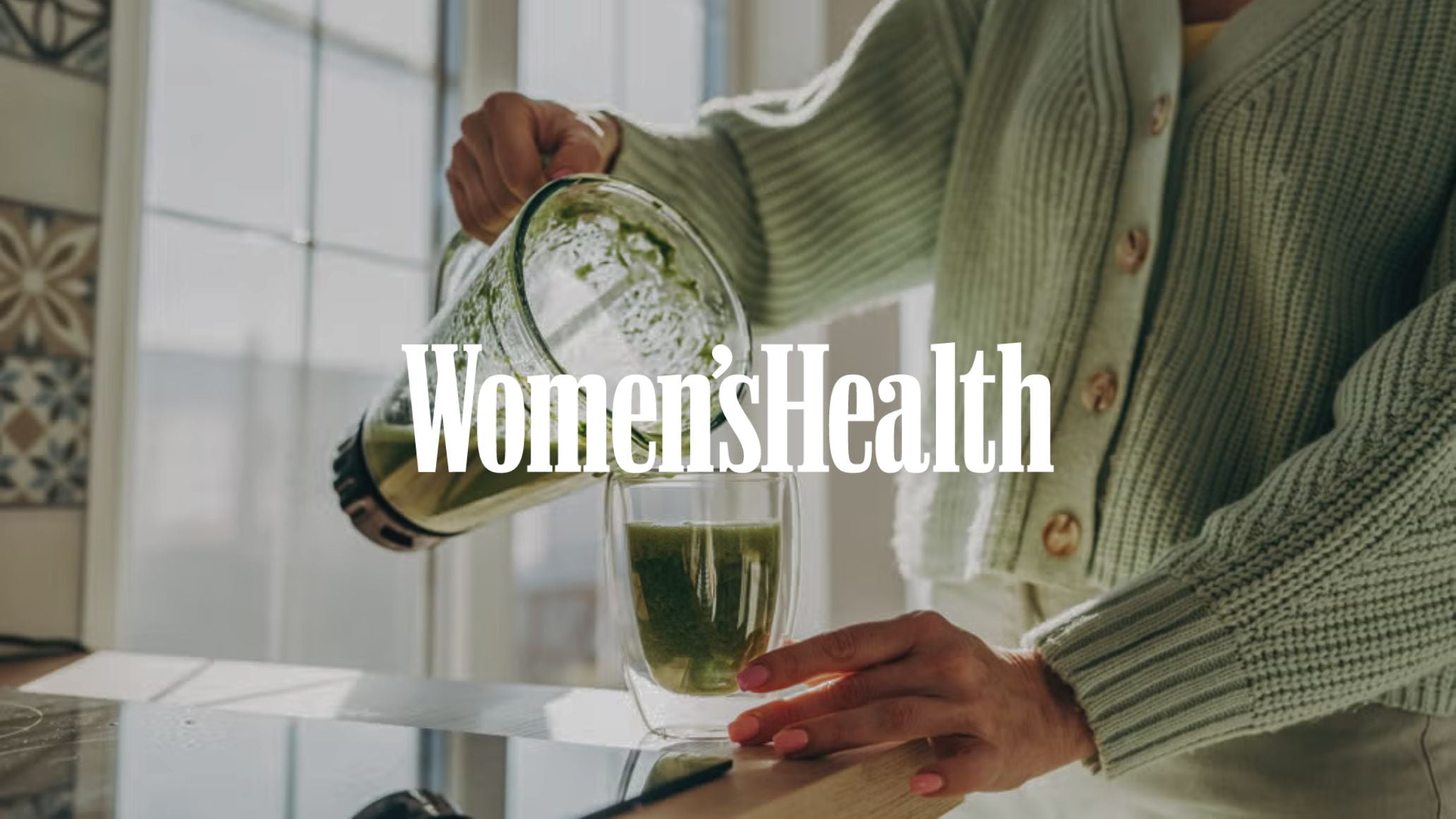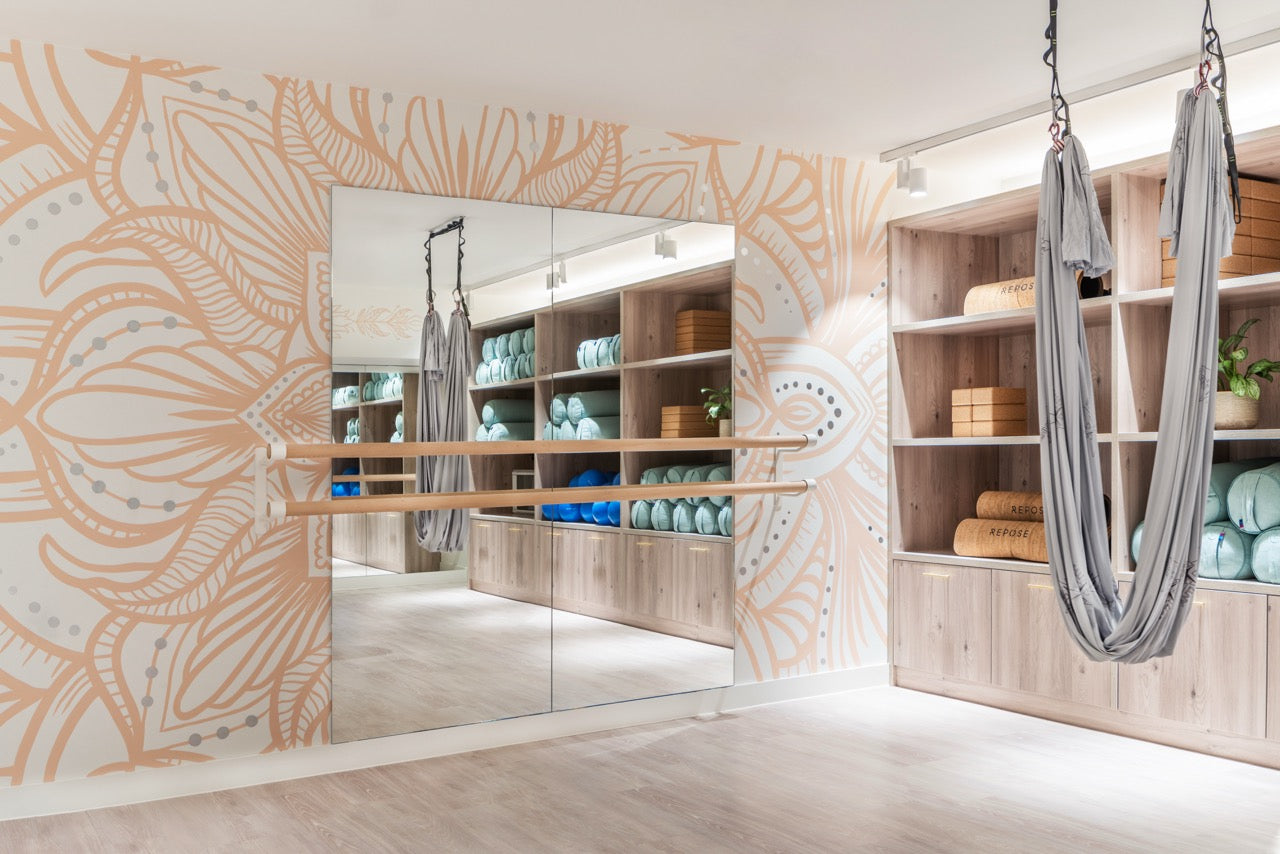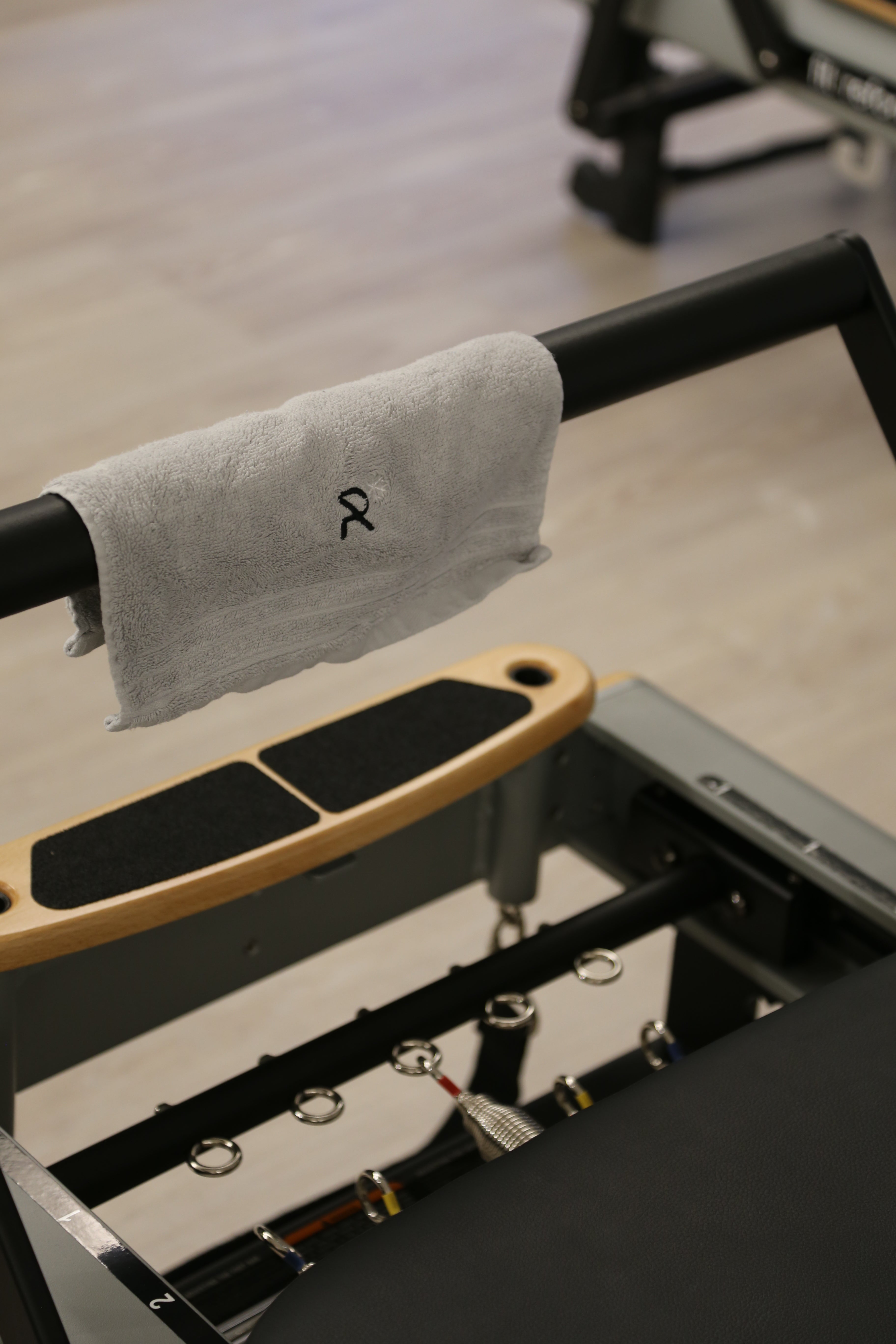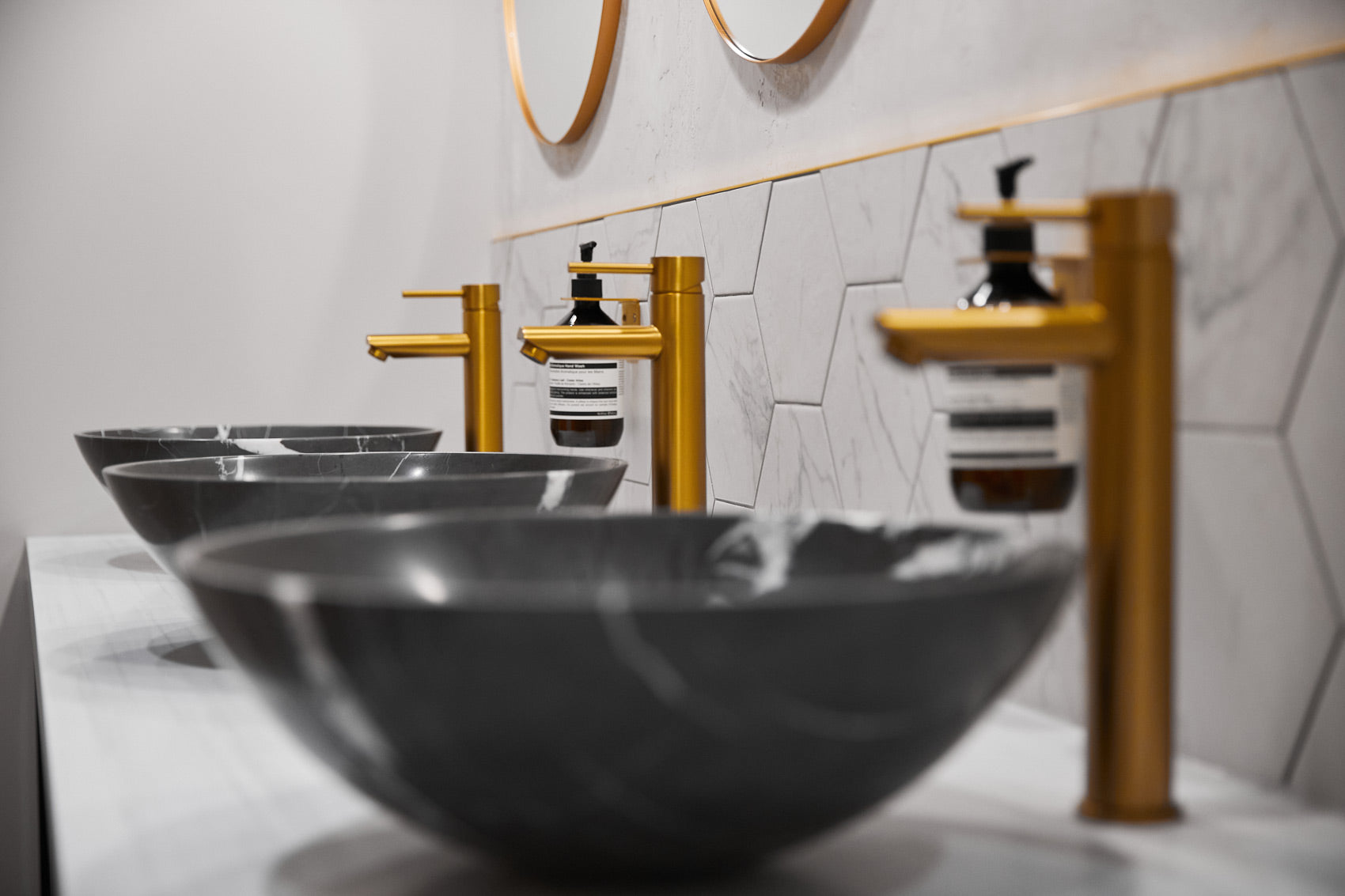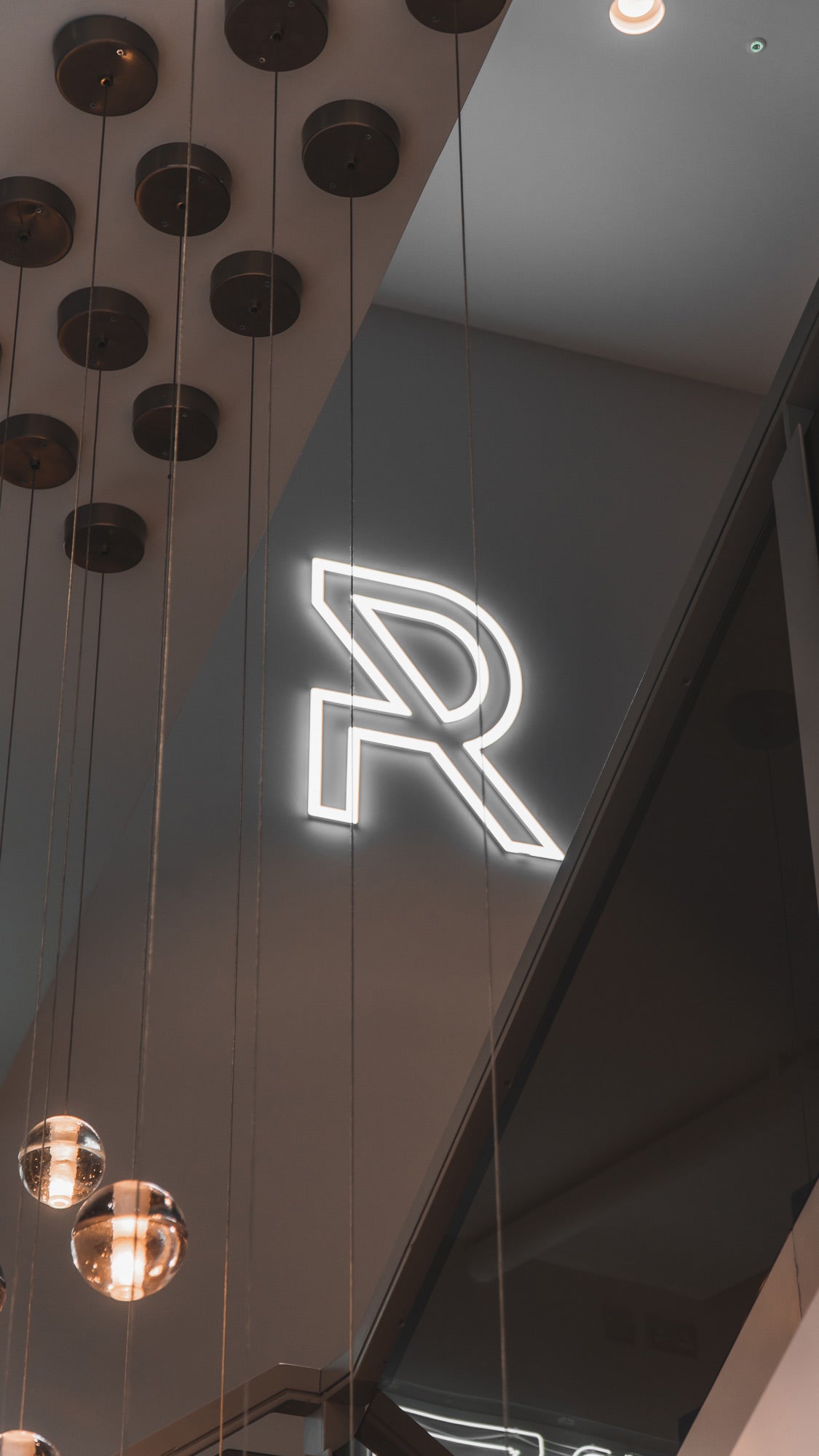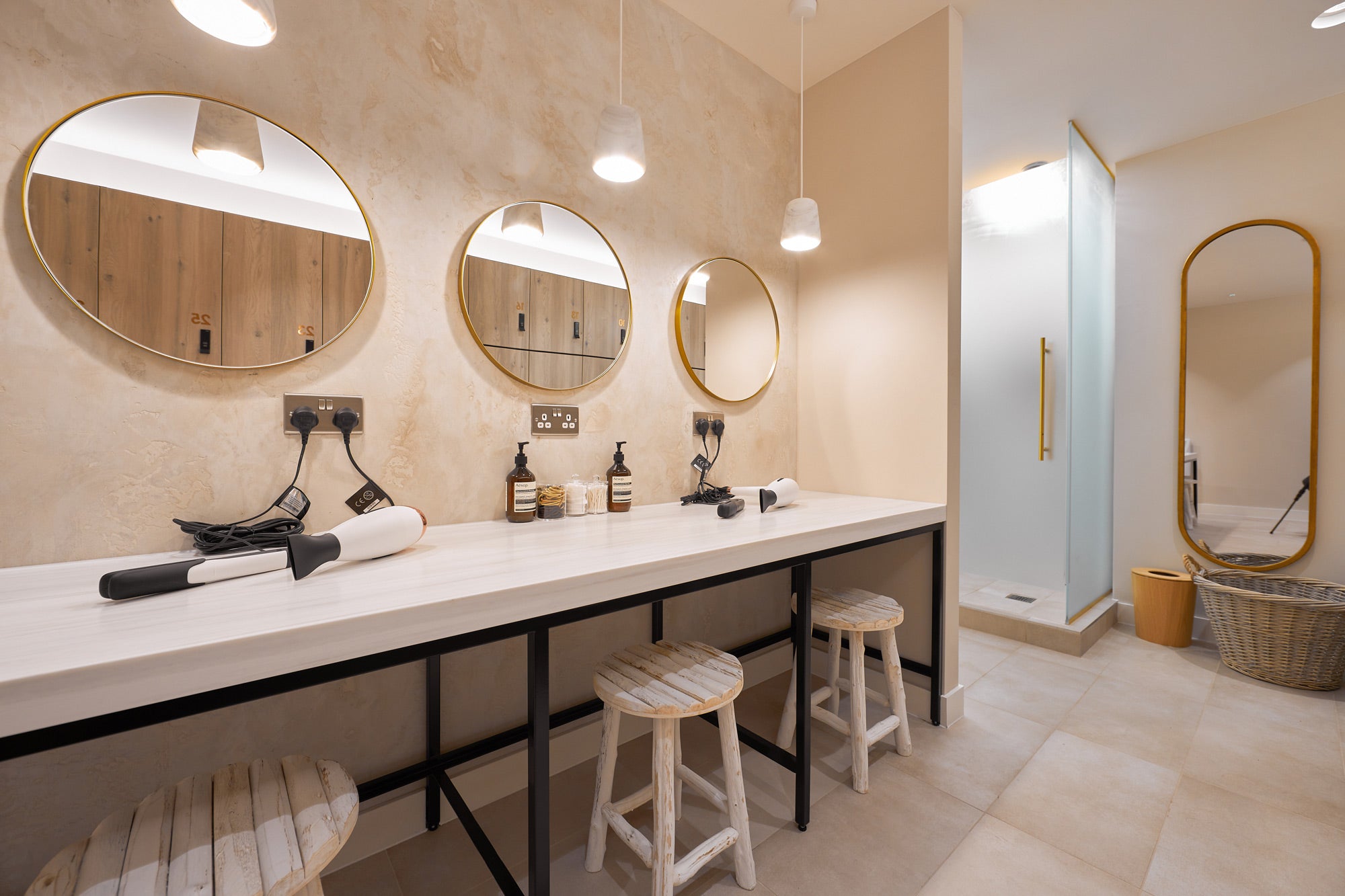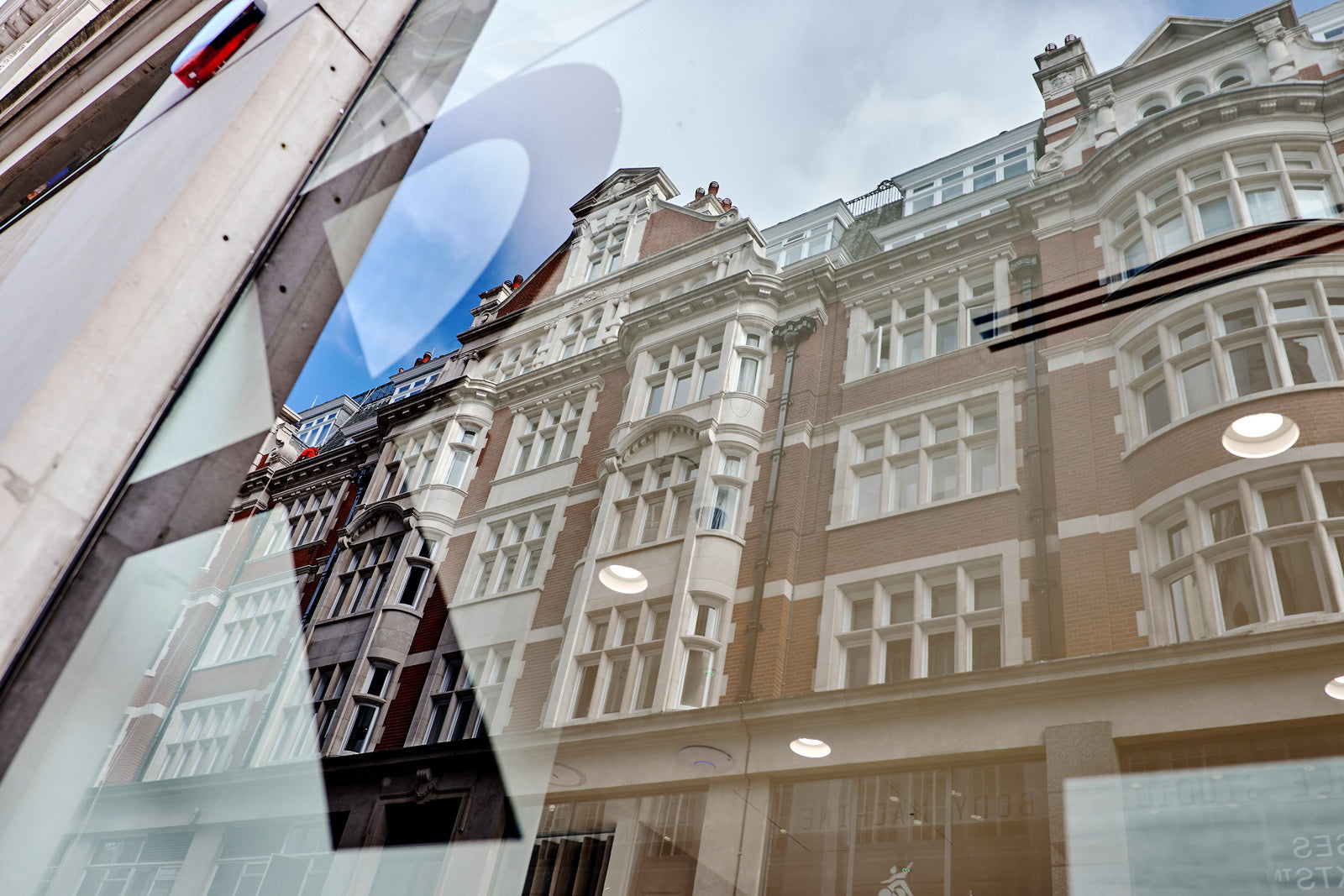
The Rise Of The 'It' Shake.
The latest accessory being brandished by twentysomethings is not a designer bag — it's a made-to-order protein drink in a branded cup.
Recently, in the lobby of Soho House's new wellness space at 180 Strand in London, a group of Gen-Zers wearing colourful Lycra were hanging around, snapping photos - but not of themselves. They were taking photos of their protein shakes.
Anchoring each shot was a bold typeface stamped across each cup that said "Soho". But that cup could just as easily have read "Erewhon", "Barry's", "JAB" (a trendy boxing club in London), "Repose Space" (a London holistic studio) or "Siro" (a high-end fitness hotel in Dubai), all of which provide colourful, custom-made, post-workout shakes for their high-end clientele.
Today, health is wealth. And wellness logos are the new visual language of luxury. Where designer bags have monogrammed hardware, designer shakes have a branded cup. These high-end protein smoothies have become a coveted status purchase. They signal: this is where I spend my time.
"It's a statement", says Brika Tamayo, co-founder of Barry's UK and the upmarket protein brand Hermosa, which sells zoo powders encased in amber glass jars with slick black labelling. (She describes the brand as "the Yves Saint Laurent" of protein".) "It says, 'I look after myself, I know what's good for me.' Shakes have become sexy. They're the thing people want to carry." To say that shakes are sexy might be a stretch, but there's no doubt protein powders have become more desirable.
The boom in wellness — from sleep aids and snacks to fitness tourism — was worth $7tn globally in 2025, according to the Global Wellness Institute. It is expanding rapidly along with the $27bn protein supplements market, which has grown 27 per cent since 2022, according to Precedence Research. Premium brands such as Hermosa and Momentous have helped reposition protein powder as a tasty, must-consume foodstuff. In turn, this has paved the way for high-end protein shake bars. The menus offer colourful drinks with add-ons such as collagen (for repair) and creatine (to support exercise), which are touted as health boosts to supercharge your morning drink.
It was Erewhon, the Los Angeles-based aspirational grocery store, that turned smoothies into a totem of modern at affluence in 2021. Its limited-edition drinks have hit on a viral formula: they're Instagrammable (brightly coloured with flavoured swirls), celebrity-driven (Sabrina Carpenter, Kourtney Kardashian and Olivia Rodrigo have all collaborated on their own versions) and notoriously - and media generatingly - expensive. Hailey Bieber's strawberry smoothie cost $20. Thirty-minute queues and in-store fashion events have only fuelled the fire of Erewhon's appeal.
The store is a theme park of modern wellness culture, with prices and products that verge on parody ($25 for bottles of water, $14 for chopped lettuce). But turning a health-focused supermarket into somewhere fun to hang out, as somewhere to see and be seen, has altered what younger generations think is cool to buy.
The shakes are also emblematic of how younger generations are socialising now. Increasingly, health-minded millennials and Gen-Zers are going sober-curous; friends now meet, work out and enjoy a catch-up smoothie together afterwards. Cyril Françoise, head of bars at Soho House, says the new shakes menu was born out of a growing awareness from the club that its members were drinking a lot less in the restaurants.
"Young people are more careful about what they're putting in their bodies", he says. The shakes costing £9 each, are on a par with Soho House's least expensive glass or wine. Drinks were devised like cocktails with key Soho House locations in mind: Farmhouse is green, with mango, turmeric and vanilla protein.
At Siro, each Dh45 (£9) shake is designed around fitness needs and supports macros diets. The gym offers Hyrox classes, so the protein bar provides a carb-laden shake for heavy lifters that's 580 calories for 35g of protein and includes banana, walnut butter and oats. Some might argue that shakes are a fad, but proponents say these new-age versions are packed with proper ingredients that easily bring diversity into diets.
The branding of trophy shakes has been key in the global repositioning of protein powder as something women should consume. The protein market was previously aimed at gym-going men; powders were sold in ridiculously macho containers that were too big for a kitchen cupboard. "It was all very Arnold Schwarzenegger and known for puffing up guys," says Barry's Tamayo.
Free Soul, with its millennial pink branding and pink powder scoops, was among the first to address the imbalance. The packaging, says brand director Lucy Murray, "helped carve out a space for women to feel seen". The market and culture have changed as a consequence. Soho House's Françoise says the ratio of men to women at the protein counter is 50/50.
Protein bars are also boosting the top line for gyms. Sixty per cent of those paying £26 per class at Barry's are now buying a £9 shake afterwards. Been there. Done that. Bought the protein shake.



